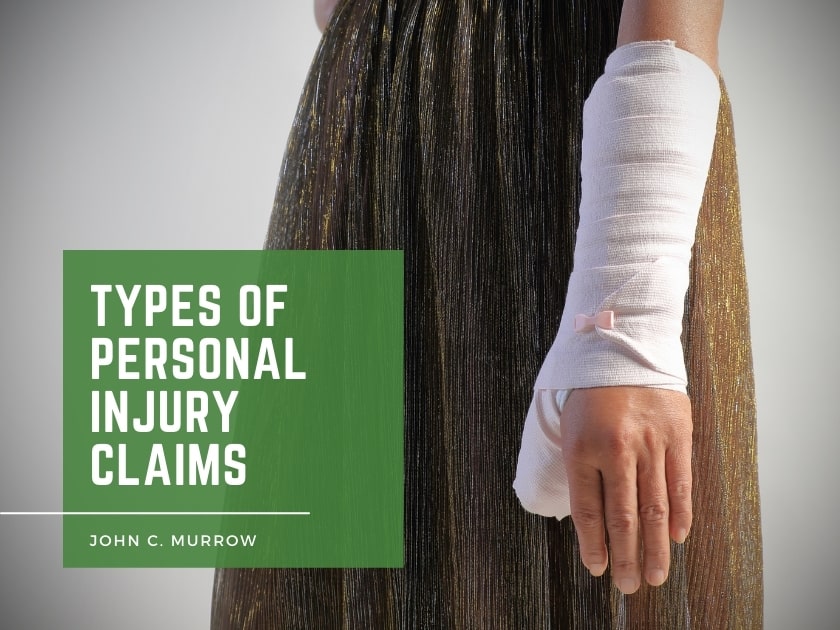If you have been injured due to another person's negligence, you have the right to file a personal injury claim. A personal injury claim is a civil case in which the injured party seeks compensation from the at-fault party.
Personal injury is a broad term that can apply to many different situations. In this article, we will discuss common types of personal injury cases handled by veteran Tampa injury lawyer John C. Murrow. Effective legal representation is essential to a successful personal injury claim.
1. Auto Accident
Auto accidents commonly result from the driver being drunk, distracted, or simply failing to follow the rules of the road.
If you or a loved one gets injured in an auto accident due to another person's negligence, you have the right to file a personal injury claim. If you opt to file a claim, then there are several things that you must do right after the auto accident:
- Call the police.
- Don't apologize or say "sorry".
- Gather evidence, such as photos of the scene and witnesses' statements.
- Seek medical attention immediately, even if you're not showing any physical wounds.
- Never speak to anyone else, except your lawyer, about your accident. The other party's insurer might start calling you, but don't talk to them.
- Don't post about the accident on social media.
- Hire a personal injury lawyer from the start.
4. Boating Accidents
Just like in an auto accident, if a boat operator's negligence caused you damages, then you have the right to file a personal injury claim.
Boating accident claims can apply to commercial or recreational, motorized or non-motorized watercraft. Here are some examples of the causes of boating accidents:
- Equipment malfunction
- Reckless driving
- Operator's inexperience
- Overloaded vessel
- Failure to follow the navigational rules
Keep in mind that just being injured in a boating accident does not automatically mean that you have grounds for a personal injury claim. You have to show evidence that the accident was the result of someone’s negligence.
5. Pedestrian Accident
Pedestrians might be the most vulnerable when it comes to road accidents. Some might receive minor bruises, but others can suffer from traumatic brain injuries, bone fractures, loss of limbs, and even death. Moreover, the accident can also cause pedestrians to experience emotional and mental trauma. So if you or a loved one got injured in a road accident due to another person's recklessness, you have legal rights to seek compensation.
8. Product Liability
Under the Product Liability Law, the manufacturer or seller of a product can be held liable if their product has a defect that causes injuries to a consumer. These injuries can range from burns and cuts to broken bones and amputations.
A product is supposed to meet the consumers' ordinary expectations. This means that if used correctly, the product is generally safe. So, a defective product that causes danger does not meet these expectations.
Here are some types of defects that can lead to a product liability claim:
- Defective designs
- Manufacturing defects
- A malfunctioning product such as a faulty elevator door
- Hidden defects such as lead in paints
- Failure to provide adequate instructions or safety warnings
In a product liability lawsuit, you need to prove your injuries and identify the exact defect that caused those injuries. However, it can still become complicated because creating a product can include many different parties, from design to manufacture and sale.
9. Wrongful Death
As the name implies, a "wrongful death" claim happens if a person dies due to another person's carelessness.
Although there's a fatality involved, wrongful death is a civil rather than criminal case. Civil cases involve different laws, processes, and burdens of proof than criminal cases. So this means that even if the negligent person is not charged with a crime, they might still be held liable for the victim's wrongful death.
A wrongful death claim can only be filed by designated beneficiaries of the deceased. These beneficiaries can include the spouse, children, parents, siblings, or any other financial dependents of the victim. The compensation received can be used to cover the funeral and burial expenses, loss of a companion, and mental and emotional pain and suffering.

